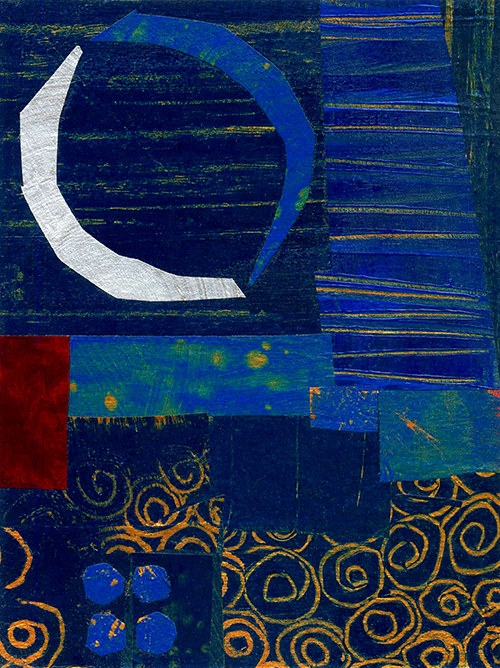 Willa Cather’s Christmas story, The Burglar’s Christmas, portrays a young man named William, the proverbial prodigal son, who had moved away from his family back east and was now in Chicago. Impoverished, having been without food for several days, William decides on Christmas Eve to break into a house and steal some food. He had never stolen before, but it’s Christmas Eve, he’s hungry, and he thinks at least he deserves some food. When he breaks into the home, he discovers that he has burglarized the house of his parents, who had moved to Chicago. His mother catches him while stealing, and he confesses everything.
Willa Cather’s Christmas story, The Burglar’s Christmas, portrays a young man named William, the proverbial prodigal son, who had moved away from his family back east and was now in Chicago. Impoverished, having been without food for several days, William decides on Christmas Eve to break into a house and steal some food. He had never stolen before, but it’s Christmas Eve, he’s hungry, and he thinks at least he deserves some food. When he breaks into the home, he discovers that he has burglarized the house of his parents, who had moved to Chicago. His mother catches him while stealing, and he confesses everything.
In so many words she begs him to stay,
“Tonight you have come back to me, just as you always did after you ran away to swim in the river that was forbidden you, the river you loved because it was forbidden. You are tired and sleepy, just as you used to be then . . . I never asked you where you had been then, nor will I now. You have come back to me, that’s all in all to me.”
He looks up at her questioningly and says,
“I wonder if you know how much you pardon?”
She responds,
“O, my poor boy, much or little, what does it matter? Have you wandered so far and paid such a bitter price for knowledge and not yet learned that love has nothing to do with pardon or forgiveness, that it only loves, and loves—and loves?”
The God who has come to us in Christ, “only loves, and loves—and loves.” God is continually at work in non–coercive, creative ways, revealing to us the width and depth of unconditional divine love.
The sublime generosity and magnanimous altruism of God’s love is often missed and even muddled by those of us who claim to speak for God. We would expect this to happen in the push and shove world of competitive economics and in the political maneuvering and power plays of big business and government. But much too often our religious traditions dilute and distort God’s love. When religion is at its best, our sacred texts and traditions will woo and draw us into the unconditional embrace and transformative power of divine goodness.
The best of our Advent celebrations should inspire us to love without measure and condition.
Chuck Queen is a Baptist minister and the author of Being a Progressive Christian (is not) for Dummies (nor for know-it-alls): An Evolution of Faith. Chuck blogs at A Fresh Perspective, and is also a contributor to theUnfundamentalist Christians blog on this website. This reflection was adapted from his book, Shimmers of Light: Spiritual Reflections for the Christmas Season.











